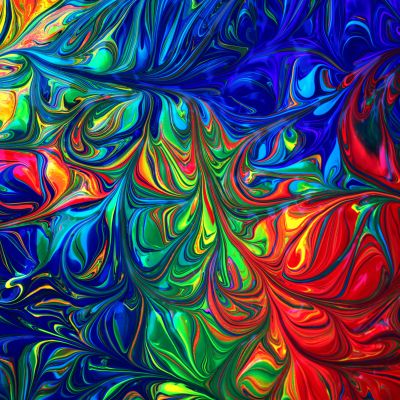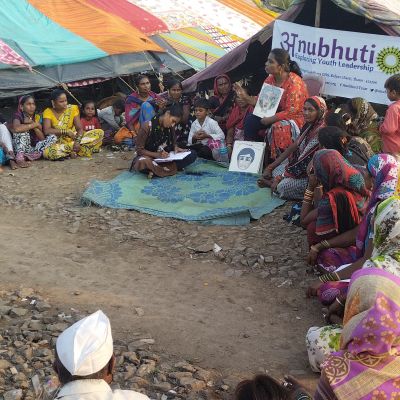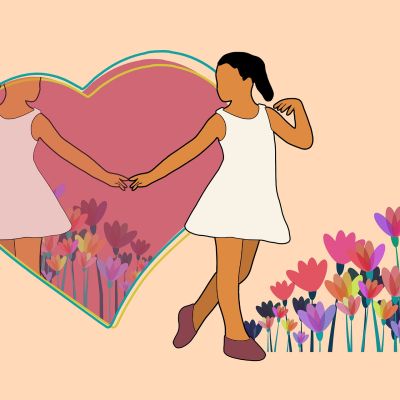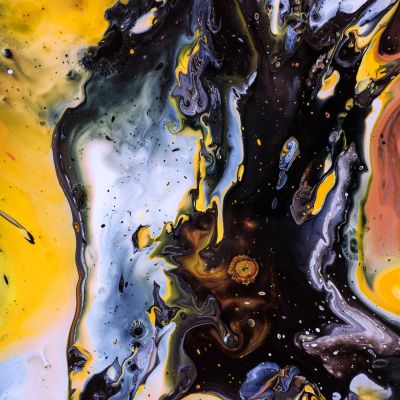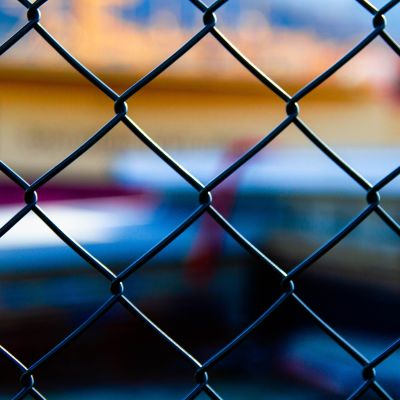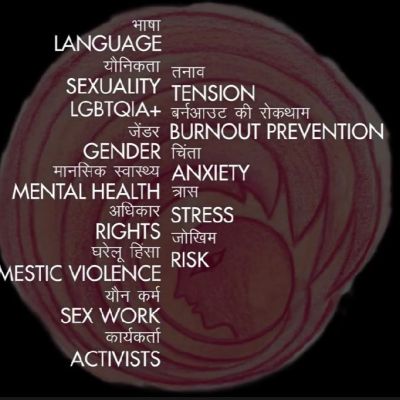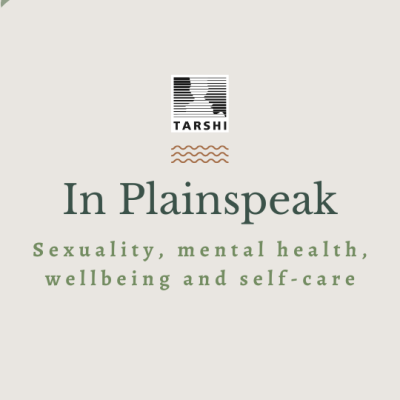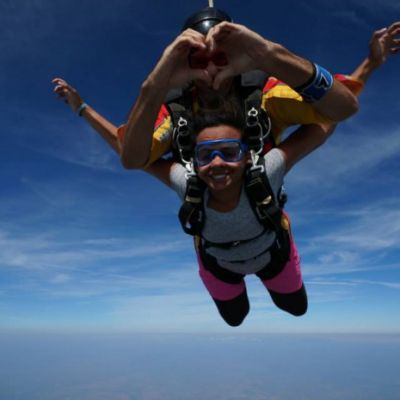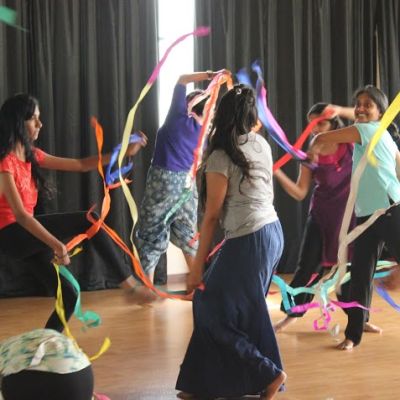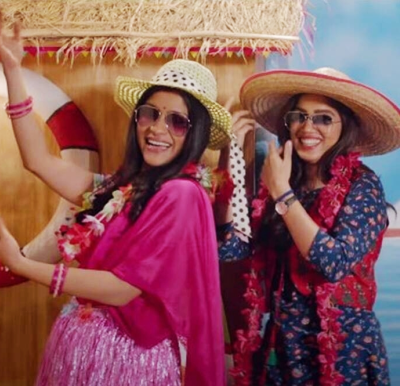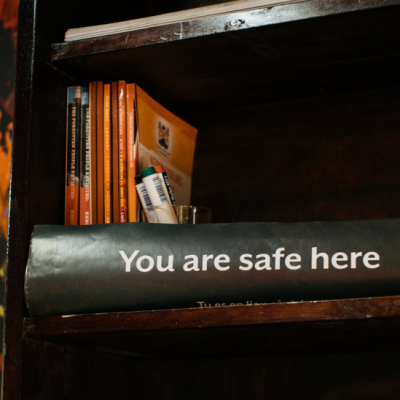Categories
A few days ago, in a telephonic conversation with my mother, I was made aware of the inadequacies of my…
We need to recognise that mental health stressors that queer people face are not because something is inherently wrong with them.
Conversations about stress, burnout and mental health have gained prominence, especially during and since the COVID-19 pandemic. But, what is stress and burnout?
This issue of In Plainspeak while inviting us to embrace the joys and pleasure in movement, also questions the ways in which movements are facilitated or obstructed, visibilised or invisibilised, and the spaces that we must envision to find freedom in/to movement.
मैं भली भांति जानती हूँ कि यात्राएं करने से आपका जीवन ‘बदल’ जाने और ‘सबको करनी चाहिए’ के विचारों के बारे में अनेक कथाएँ और कहानियाँ प्रचलन में हैं। मैं यह भी जानती हूँ कि यात्रा कर पाना एक विशेष तरह की सुविधा, एक विशेषाधिकार है और हर कोई जीवन में यात्राएं नहीं कर पाता।
डांस मूवमेंट थेरेपी वर्कशाप के उन तीन दिनों में मुझे पता चला कि मेरे मन, मस्तिष्क और शरीर के बीच जैसे कोई सामंजस्य था ही नहीं, और कैसे आमतौर पर पारंपरिक मौखिक कार्यशालाओं में शरीर और मन के बीच के इस संबंध को नज़रअंदाज़ कर दिया जाता है।
This post was originally posted here. By Sheelalipi Sahana January 29, 2021 — In 1932, four Urdu writers caused a…
This post was originally posted here. By Njeri Gateru November 9, 2017 — “Do you remember the first time you…



